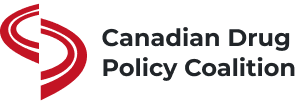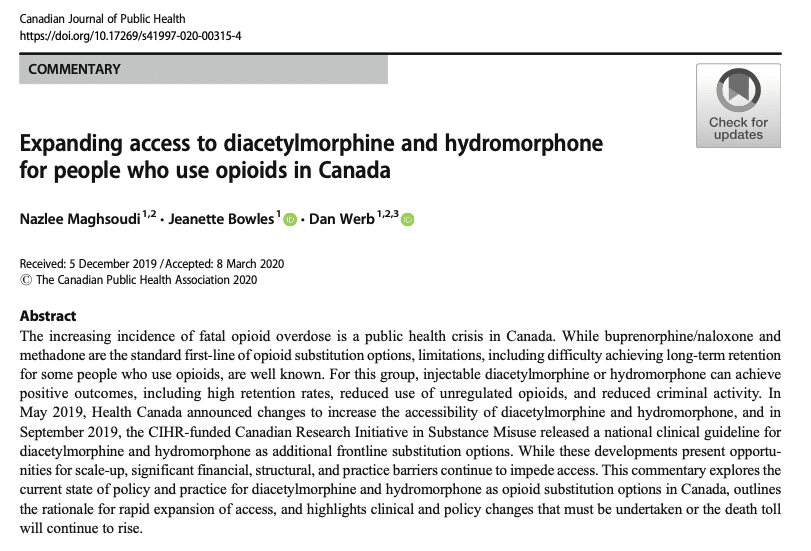class exemption for supervised consumption sites
class exemption for supervised consumption sites
Click HERE for more resources
“Health Canada proactively issued class exemptions to provinces and territories to ensure they have the tools needed to manage the compounding effects of the opioids overdose crisis and the COVID-19 pandemic on their communities. Specifically, the class exemptions will help in the overall response to the pandemic by reducing the administrative burden of having organizations applying for a supervised consumption site, or temporary overdose prevention site. Creating new spaces, as may be needed, or adjusting existing supervised consumption sites to respect public health guidance will prevent ongoing community spread of COVID-19 amongst a vulnerable population, help guard against community transmission, and preserve capacity amongst essential frontline healthcare workers.
In issuing these exemptions, Health Canada will ensure a high degree of cooperation is maintained to ensure our collective response to the pandemic remains robust and comprehensive.”
Source: Public Health Agency of Canada






